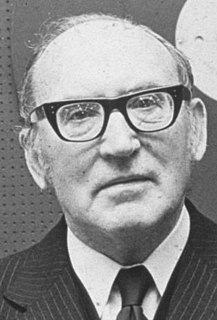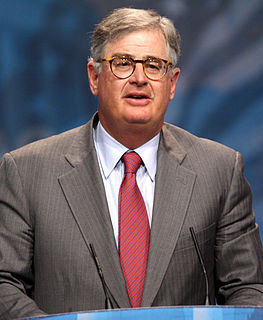A Quote by Henry Rosovsky
There are, however, many challenges to Asian universities. First, academic freedom, in all senses, is much more critical to the success of a university than how much money is spent on infrastructure or on hiring big names. Faculty need to have the space to pursue the research that they are passionate about and the also need to have the freedom to express their opinions in the university, and in the society as a whole.
Quote Topics
Related Quotes
Many faculty retreated into academic specializations and an arcane language that made them irrelevant to the task of defending the university as a public good, except for in some cases a very small audience. This has become more and more clear in the last few years as academics have become so insular, often unwilling or unable to defend the university as a public good, in spite of the widespread attacks on academic freedom, the role of the university as a democratic public sphere, and the increasing reduction of knowledge to a saleable commodity, and students to customers.
Shared governance is often the critical element that is missing in Asian universities, no matter how talented the faculty may be. Either it is ministries of education that are trying to run things, or in private institutions - those who control the funds. Neither group knows much about teaching and research.
If we want to identify the great success of American research universities, and that success goes far beyond Harvard, we have to come back to the question of governance. Excellence requires a firewall between trusteeship, or government ministries, and the academic decision-making process. This American concept of shared governance wherein the faculty are engaged in running the university as part of a collaboration with the other stakeholders.
The years I would have spent at University, I spent building Student Magazine and Virgin Records. For me that was far more fun and satisfying. I have treated everyday as the University education I never had and think I learnt more about business and life than I would have at University in the process.
I've been very lucky in the freedom that I've been given. Every artist needs two types of freedom: You need the freedom to - the freedom to come up with an idea or treatment - and then you need the other half of the freedom, and that's freedom from - somebody saying, 'This is great. This is how I want you to do it'.
I've been very lucky in the freedom that I've been given. Every artist needs two types of freedom: You need the freedom to - the freedom to come up with an idea or treatment - and then you need the other half of the freedom, and that's freedom from - somebody saying, 'This is great. This is how I want you to do it.'
While the universities are increasingly corporatized and militarized, their governing structures are becoming more authoritarian, faculty are being devalued as public intellectuals, students are viewed as clients, academic fields are treated as economic domains for providing credentials, and work place skills, and academic freedom is under assault.
Much of the early engineering development of digital computers was done in universities. A few years ago, the view was commonly expressed that universities had played their part in computer design, and that the matter could now safely be left to industry. [...] Apart from the obvious functions of keeping in the public domain material that might otherwise be hidden, universities can make a special contribution by reason of their freedom from commercial considerations, including freedom from the need to follow the fashion.
The university is the place where the pursuit of truth is taught, the rules for learning how to pursue it are explained, and students begin to understand how to evaluate the seriousness of truth. Those are incredibly important lessons, and only the teachers' academic freedom can protect them because there will always be people who disagree with or disapprove of the ideas they are trying to convey.
Even as I've become more reticent about the political possibilities of the academic space, I want to note that students have played significant roles in insurrectionary activity across the globe for decades and centuries, and I don't think that we've crossed some threshold where that's never going to happen again. We still need to take the university space quite seriously.




























